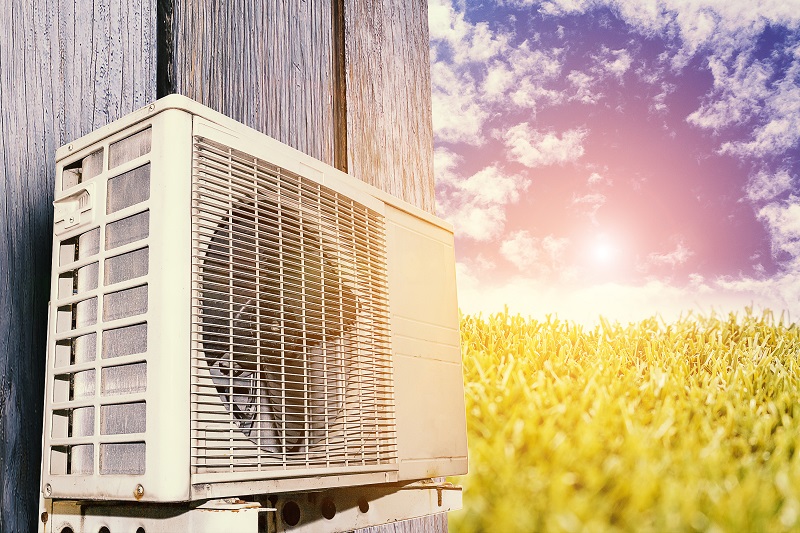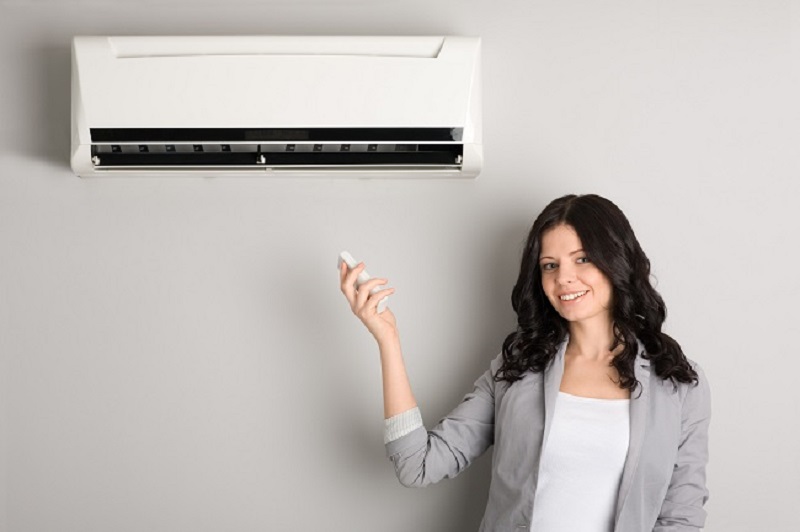Are you looking to beat the summer heat and stay cool without shelling out a tonne on electricity bills? Ever considered what your reliance on traditional cooling methods could be doing to our environment? If you own a home or are in the process of building one, finding the right air conditioning system can be a daunting task. This is especially true given the growing awareness and drive towards sustainable living. But don’t sweat it, because in this blog post, we’ll explore the exciting world of innovations in cool – navigating the modern technologies transforming air conditioning.
Air conditioning technology has advanced significantly in recent years, culminating in innovative and eco-friendly systems that minimize environmental impact while improving living conditions. From smart energy-saving thermostats to geothermal cooling units, there’s a whole array of cutting-edge solutions that cater to diverse needs and budgets. Today, we’ll guide you through some of these trends, their functionalities, benefits, and even their downsides. You’ll get a clearer picture of what’s out there, and you’ll be better equipped in choosing the best cooling system for your home.
Understanding new technological advancements is not just a means to updating your home. It’s also a way of contributing to a sustainable future. So let’s delve in, shall we?
The Evolution of Air Conditioning
The road to modern air conditioning technology has been marked by numerous milestones – some spurring significant jumps in efficiency, others fostering broader societal impact. The humble beginnings date back to ancient civilizations, where rudimentary cooling systems were manipulated to achieve a semblance of comfort. Vintage cooler boxes, for instance, have now evolved into sophisticated, digitally programmed machines delivering optimum temperature control.
The development of electricity, invention of Freon, and subsequent iterations have directed the trajectory of air conditioning towards creature comforts and increased efficiency. However, such developments have not been without their own sets of challenges. Debates around energy consumption, ecological footprint and health implications have fueled ongoing innovation in this field. A deeper dive into these aspects helps us recognize why and how air conditioning has come to its current state.
Contemporary Air Conditioning Innovations
Today, we stand at the beginner of a new era of air conditioning technology that seeks to address previous shortcomings. The age of IoT (Internet of Things) has revolutionized cooling systems with smart thermostats, which are programmable tools designed to optimise energy usage. These thermostats adjust cooling capabilities based on real-time data and use Artificial Intelligence to learn and adapt to the user’s patterns.
Another intriguing innovation is the geothermal cooling system. It leverages the earth’s consistent underground temperature to cool homes, thereby dramatically reducing electricity consumption. Moreover, there’s even the promising development of solar-powered air conditioning that capitalises on renewable energy. Even window units have been given a modern makeover with designs that promote energy efficiency.

The Pros and Cons of New Cooling Tech
While modern air conditioning technology offers numerous benefits, it’s not without certain drawbacks. On the upside, these systems are more energy-efficient, cutting costs and reducing environmental impact. Advanced adjustability means these units can offer precise temperature control, improving comfort and indoor air quality. Many of these systems also feature enhanced design aesthetics, blending seamlessly into modern interiors.
However, on the downside, the initial cost of these innovative units is often considerably higher than conventional air conditioning systems. Additionally, the installation process for some of these units can be complex and may require professional help. Additionally, despite the long-term savings, some of the energy-efficient models might require a significant amount of time to recoup the initial investment.
The Future of Air Conditioning
The future of air conditioning lies in eco-friendly and energy-efficient technologies that will shape the way we live and interact with our homes. Cooling solutions are moving towards fully integrated systems within smart homes, promoting seamless interaction between various appliances. Furthermore, the focus on reducing greenhouse gas emissions will continue to shape innovation, pushing for more energy-efficient and environmentally friendly solutions.
Making a Decision
Choosing the right air conditioning system for your home is no small task. It’s a decision determined by factors such as budget, geographical location, size of the space, and personal preferences. By understanding the new technologies and their pros and cons, you can make an informed choice.
Conclusion:
Navigating the recent surge in air conditioning technologies is like walking into a sea of possibilities. Innovations in this field are revolutionising the way we cool our homes, fostering healthier living conditions and caring for the environment. The journey from the vintage cool box to smart thermostats, geothermal and solar-powered cooling units is quite an impressive one.
In conclusion, the choice for the right air conditioning for your home should be influenced not only by the upfront costs but the long-term environmental benefits and energy savings. Every small decision we make adds up, contributing to the larger picture of global sustainability. Now, aren’t you excited to bring your cooling game into the 21st century?
Remember, staying cool is not just about upping the comfort ante in your home; it’s also about how you can contribute to a healthier, sustainable world. So, make the right choice that cools your world and warms the earth’s future. And in that effort, remember knowledge is power, and making informed decisions puts you in the driver’s seat.

